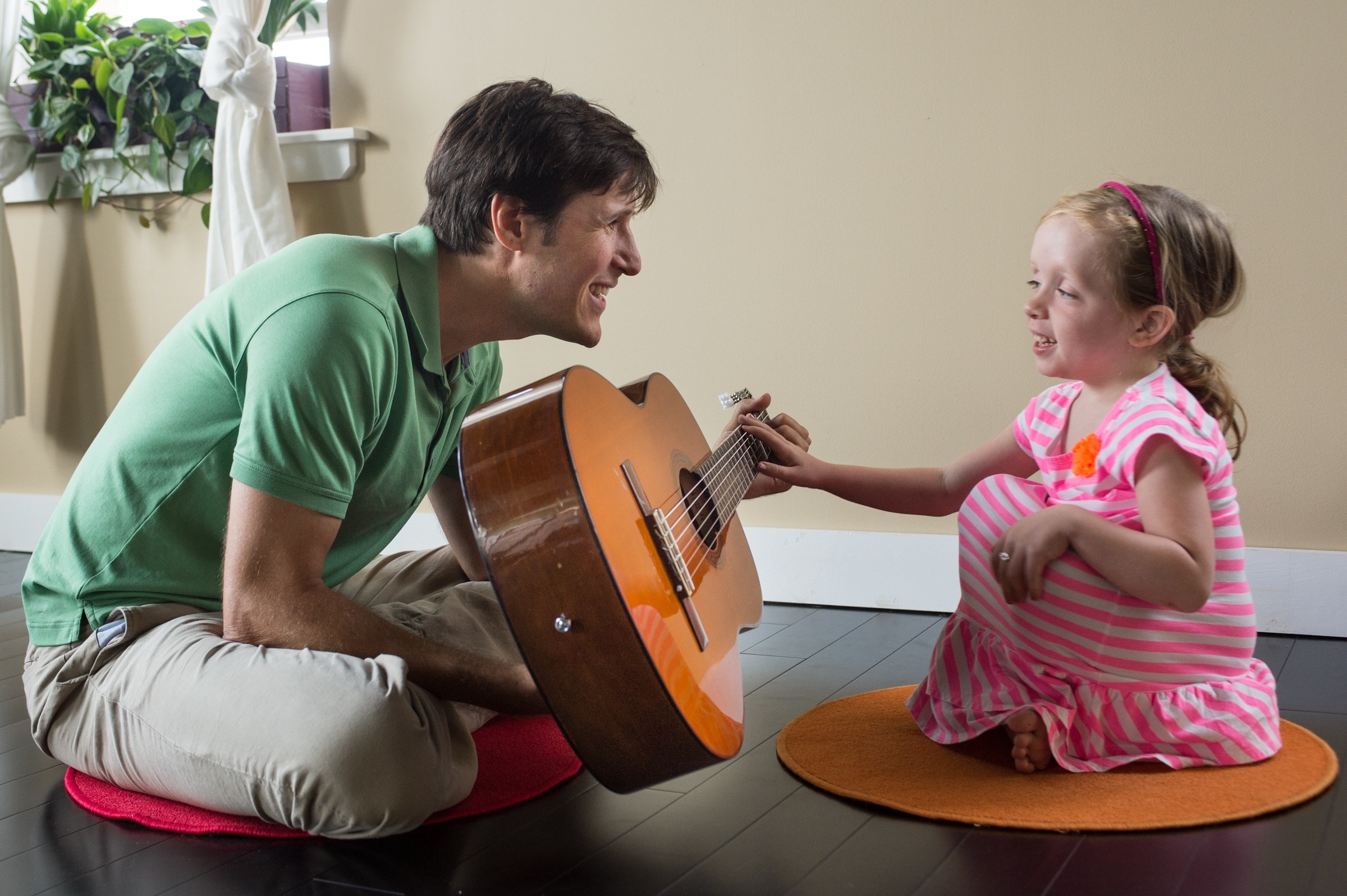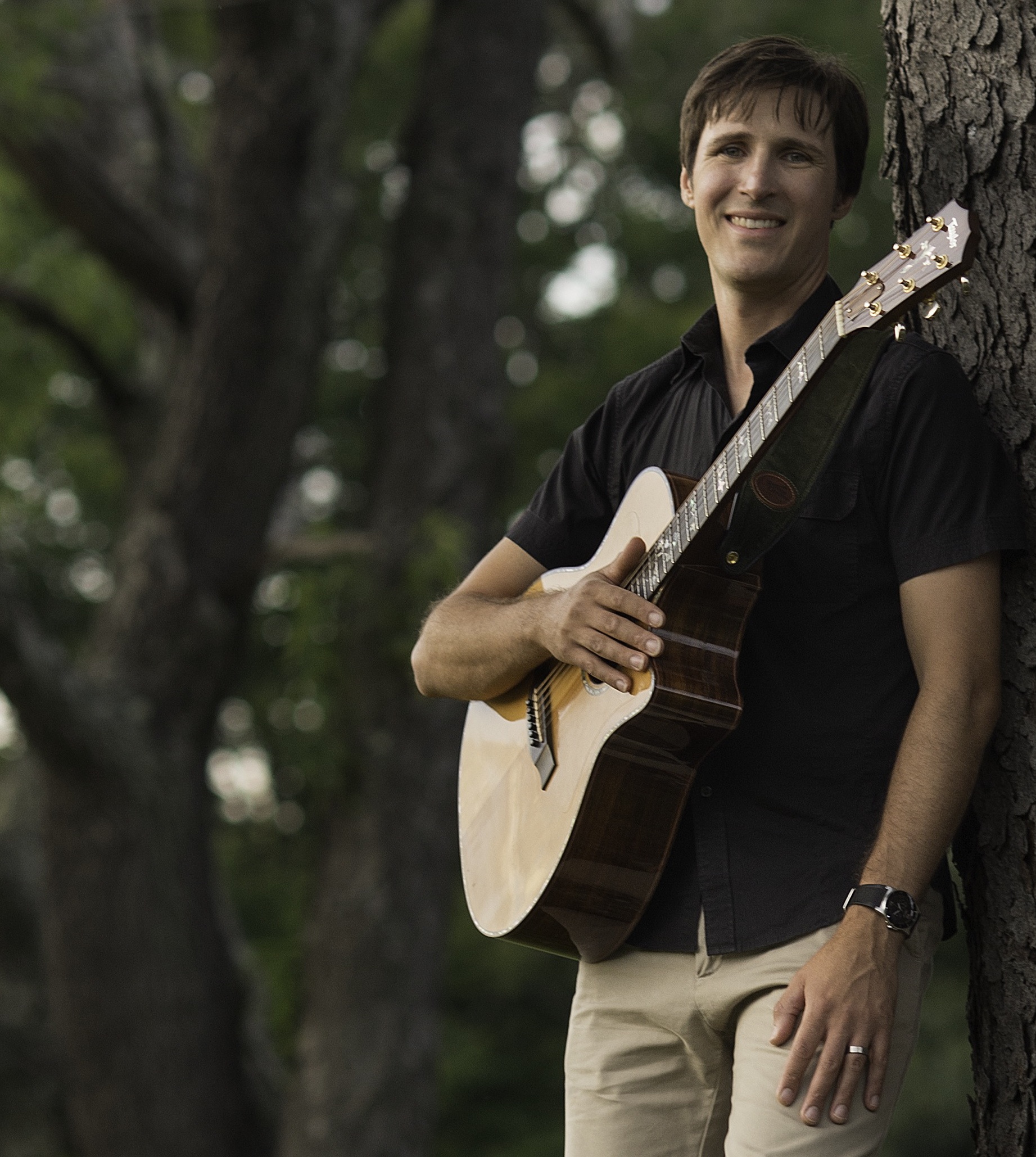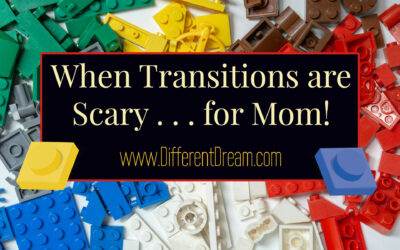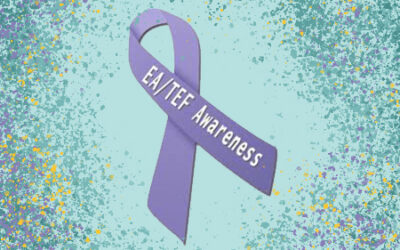Music Therapy: 6 Benefits for Kids with Special Needs

Music therapy and Ryan Judd were the subjects of a DifferentDream.com post a little more than a month ago. Since then, Ryan Judd and I have become email pals, and he agreed to write a guest post about the benefits of music therapy for kids with special needs. Here are his thoughts.
Bring on the Music!
How Music Therapy Benefits Children with Special Needs
After receiving my bachelor’s degree in psychology, I felt lost. I knew that I wanted to continue my education, but didn’t know what type of program to pursue. Did I want to become a psychologist, a social worker, or perhaps a professional musician? Feeling torn in many directions, I started researching some possibilities, and when I discovered the field of music therapy, I knew that I had discovered my calling. After completing my three-year master’s program in Music Therapy, I immediately started working with children with special needs.
Thirteen years later, I am still passionate about my profession. My work is always engaging and challenging, since every one of my clients is unique. The goals I see them accomplish—and the smiles we share—keep me fulfilled and motivated. So what are some of these goals, and what are the benefits of music therapy? Let’s take a look.
Music therapists who work with children with special needs address developmental goals in the following areas:
- Speech and communication – Singing custom written songs, e.g. “Big Bear Takes a Bubble Bath,” to isolate speech sounds and get lots of repetition without monotony.
- Fine and gross motor – Using traditional and adaptive percussive instruments like maracas to address specific fine and gross motor skills.
- Academic – Putting academic information into a song format so that recall is improved.
- Social skill development – Music therapy groups where children practice greetings, turn taking, eye contact, requesting, etc., through musical activities.
- Behavioral – Creating songs and musical stories about appropriate behavior.
- Social-Emotional – Singing songs that teach a child how to identify feelings and how to cope with “big” emotions.
Music therapy effectively addresses these goals through research-based interventions, but it also goes one step further. Music therapy builds up a child’s self-esteem and feeds their spirit. With all of the struggles that children with special needs face, it is so important to support them in this way. Music therapists are trained to create success-based activities that address developmental skills. We are always striving to make sessions so fun and musical that our clients don’t realize how hard they are working. Now that’s a recipe for success!
Do you like what you see at DifferentDream.com? You can receive more great content by subscribing to the quarterly Different Dream newsletter and signing up for the daily RSS feed delivered to your email inbox. You can sign up for the first in the pop up box and the second at the bottom of this page.
Your Experience with Music Therapy
Has your child benefited from music therapy? Leave a comment about the experience. And be sure to stop by Ryan’s blog to read his posts and watch his very informative videos.

By Ryan Judd
Ryan Judd is a board-certified music therapist with a master’s degree in Music Therapy. He has been in private practice and specializing in children and adolescents with special needs for more than 13 years. Ryan is the founder of The Rhythm Tree, which is dedicated to educating parents, therapists, and teachers on how to use music to help children with special needs learn, grow, and thrive. As part of this endeavor, Ryan has an educational video blog at www.TheRhythmTree.com. Here you can see his work in action and gain helpful strategies and resources on using music with children and adolescents with special needs.
8 Comments
Submit a Comment
Subscribe for Updates from Jolene
Related Posts
How Can an EA/TEF Parent’s Anxiety Be Held in Check Before their Child Starts School?
Karena Skibinski shares her answers to the question: How can an EA/TEF parent’s anxiety be held in check before their child starts school?
Ringing in the New Year with EA/TEF Awareness Month
Jolene Philo is ringing in the New Year with EA/TEF Awareness Month for the fifteenth year at Different Dream.
When God Redeemed My Worst Christmas Ever and Used It for Good
Jolene Philo relates the tale of when God redeemed her worst Christmas ever and used it for good—42 years later.






Leanne, I responded to your inquiry via regular email. Jolene
Hello, I am in need of some serious help with my 7year old son. He is having difficulty with his hearing in school I had 2 test done one when he was 5 and one when he turned 7. His internation with school sounds that the teacher says during class is hard for him but his when he listing to music I can see his soul shine and I know he understands and hears the words. I really believe finding a music therepy school for him that interpets academically would be his beneficial for him. He currently in his left ear hears one word when it enters as his right hears two. We are working with him at school with 2 different programs and I don’t feel like they are helping. The doctor states he has sensitive hearing. Comprehension is a struggle for him. I need some assistance as soon as possible if any can be given. I live in Illinois and googles special needs music schools but am not finding anything that isn’t online where I can bring him.
Hi Shady,
The picture came from Ryan Judd, so you would need to get permission from him. Just follow the link on the lost to his website and contact him there. Best wishes on your paper!
Jolene
hi Jolene
thanks for sharing, i am a medical student writing a paper about music therapy and was wondering if i could use this picture in my article that to be published in the australian medical student journal
thanks please inbox me your reply
Mimi,
Thanks for sharing your expertise and the link with Connie.
Jolene
Connie, I read your question about using music to interrupt a problem behavior with your child’s breathing. I am also a music therapist and highly recommend Ryan’s work! It is very difficult to make recommendations for specific children and their problems because every child is different. The same thing does not necessarily work with every child. However, I want you to know that I have had good success helping children meet their sensory needs and develop more appropriate behaviors. We have to start at looking at the sensory behavior and what need it is serves, then look for an alternative way to get that need met on a schedule that allows the child to function without turning to the undesired behavior. So it may be that SHE needs to be singing or playing on a horn, for example, to get a sensation that is similar to the breathing you hear. Or she may now need a more intensive approach, perhaps drumming or louder music than what you had success with in the past. An assessment with a board-certified music therapist is really the best way to find the right answer for your daughter. You can find a music therapist in your area by contacting the American Music Therapy Association at http://www.musictherapy.org. Good luck!
Hi Connie,
Thanks for the comment. Since Ryan knows more about music therapy than I ever will, you may want to contact him directly via his website. Here’s the URL: http://www.therhythmtree.com/contact.
Best wishes,
Jolene
Hello,
My daughter is 6 yrs. old and always loves music. She has a chromosomal condition which is leading her to a sensory behavior issue with her breathing.
Before, she will stop that every time we sang to her. Now she is so involved with the behavior that nothing stop her to do that.
Do you have any success or ideas on how to use music when your kid has a sensory behavior?
Thank you!!!!